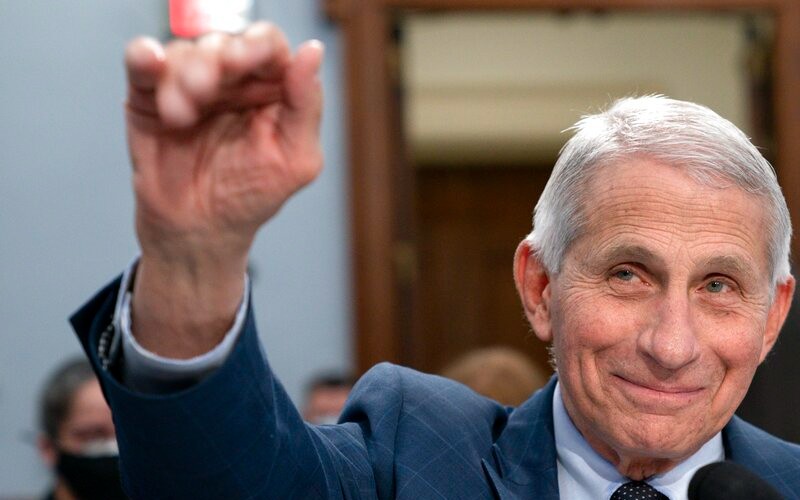As reported on AFN, the flurry of executive orders that came out of the White House included one, signed on Jan. 20, entitled “Protecting the Meaning and Value of American Citizenship.” It cites the 14th Amendment, which refers to people born or naturalized here and states that foreigners are not subject to the “jurisdiction” of the United States.
Trump’s order was quickly challenged in federal court, where a federal judge called it “blatantly unconstitutional” and blocked it temporarily. Two other judges have done so, too, including a federal judge in New Hampshire this week who granted a temporary injunction.
After the E.O. was challenged, the Public Interest Legal Foundation filed amicus briefs defending Trump on behalf of Ed Meese, a former attorney general under President Ronald Reagan. The briefs argue Trump's Jan. 20 order legally and correctly follows the 14th Amendment and its original intent.
J. Christian Adams is a former Justice Department attorney who now leads Public Interest. He says legal challenges are working their way through the federal courts on their way to the nation’s highest court.
“President trump is probably going to lose some of these cases in the district court. Look at where they were filed: Massachusetts, New Hampshire, Washington, Maryland,” he says. “Do you detect a pattern here? But as the cases work their way up, you will eventually see the impact of having been able to pick very good judges."
Once the constitutional issue reaches the Supreme Court, Adams predicts several of the right-leaning justices will read previous cases from the past and “readily conclude” the 14th Amendment does not allow birthright citizenship for illegal aliens.

A key case the courts are reviewing is United States v. Wong Kim Ark. That ruling, which dates back to the 1870s, involves a Chinese immigrant whom the courts held is a citizen. One caveat in that case is the parents were legal U.S. citizens after all, meaning the child was already a U.S. citizen, too.
A second case is Plyler v. Doe, a Texas-based case over barring illegal immigrants from public education. The high court ruled 5-4 in 1982 the Texas law violated the 14th Amendment.
The amicus brief, filed by Public Interest, argues “the government’s prior policies reflecting a broader interpretation of birthright citizenship, even if longstanding and commonly accepted, are inconsistent with the Constitution’s text and original meaning.”







